
New Zealand’s Last Defence
Every student of game theory knows that madness can have its advantages. If your enemy believes you will retaliate, regardless of the cost to yourself, they may think twice before crossing you. Read more


Every student of game theory knows that madness can have its advantages. If your enemy believes you will retaliate, regardless of the cost to yourself, they may think twice before crossing you. Read more
In this episode, Eric talks to Marko Garlick about how New Zealand's local government planning and zoning regulations create anti-competitive conditions in the retail sector, particularly for supermarkets. They explore specific examples of bizarre regulatory barriers to market entry and discuss potential solutions to enable more competition, such as national policy statements and amendments to the Commerce Act. Read more
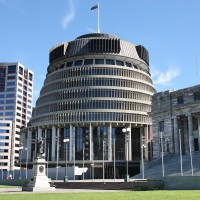
Imagine if your household owned a share in many valuable things - houses, businesses, forests, and more - worth about $275,000. But the income you were getting was meagre. Read more
“New Zealand is the best country on Planet Earth,” Christopher Luxon keeps telling anyone. Indeed, he has been saying this since before becoming Prime Minister. Read more
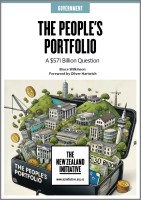
This report shows the government owns $571 billion in assets - equivalent to $275,000 for every Kiwi household. "The returns from these government-owned assets don't even cover the interest costs on the money borrowed to buy them," says Dr Bryce Wilkinson, author of The People's Portfolio: A $571 Billion Question. Read more

Treasury is consulting on changes to the Natural Hazards Insurance Levy – formerly known as the EQC levy. The Herald’s Jenée Tibshraeny reports that Treasury is considering increasing the Natural Hazards Commission’s cap from $345,000 to $460,000 while increasing the levy by up to $400 per year to make up the difference. Read more

Dr Bryce Wilkinson talked to Mike Hosking on Newstalk ZB about his New Zealand Initiative report which found government-owned assets worth $571 billion aren't generating sufficient returns to cover borrowing costs. Dr Wilkinson suggested selling commercial assets and underutilised land while acknowledging the political challenges, as the government now pays 3.7 cents in interest for every tax dollar collected. Read more
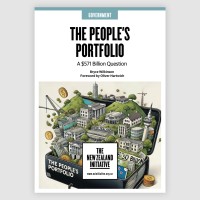
Wellington (Tuesday, 25 February 2025) - A new report by The New Zealand Initiative shows the government owns $571 billion in assets - equivalent to $275,000 for every Kiwi household. "The returns from these government-owned assets don't even cover the interest costs on the money borrowed to buy them," says Dr Bryce Wilkinson, author of The People's Portfolio: A $571 Billion Question. Read more

Dr Oliver Hartwich talked to Ryan Bridge on Newstalk ZB about Germany's recent election results, where the Christian Democrats won with 28% while the far-right AfD achieved 20%, and the economic challenges facing the country. He explained how energy costs, bureaucracy, and migration policies contributed to political shifts, while noting that Germany will likely form another "Grand Coalition" between traditionally opposed parties to govern the nation. Read more

Everybody knows the dice are loaded. At least according to Canadian policy analyst Leonard Cohen. Read more
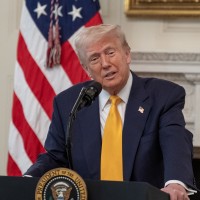
For many conservatives, Donald Trump’s return to the presidency brings hope. America’s institutions desperately needed disruption. Read more

Panic ensued this week after it was revealed that young people have been going to summer music festivals, listening to music – and in some cases even getting drunk. As a report for RNZ revealed, there has been a crackdown on outdoor festivals all through the summer, with four postponed and another four cancelled outright. Read more
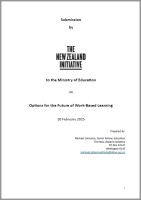
1. INTRODUCTION AND SUMMARY 1.1 This submission on Options for the Future of Work-Based Learning is made by The New Zealand Initiative (the Initiative), a Wellington-based think tank supported primarily by major New Zealand businesses. Read more

The government has made increased competition a highlight of its economic growth agenda. So, one might have hoped that a targeted review of the Commerce Act would aim at the big problems blocking open and competitive markets. Read more
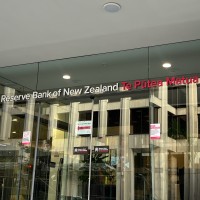
The Finance and Expenditure Committee resumed its banking inquiry this week, with Committee members wanting to hear again from bank chiefs. The Committee is looking for answers about banking competition. Read more